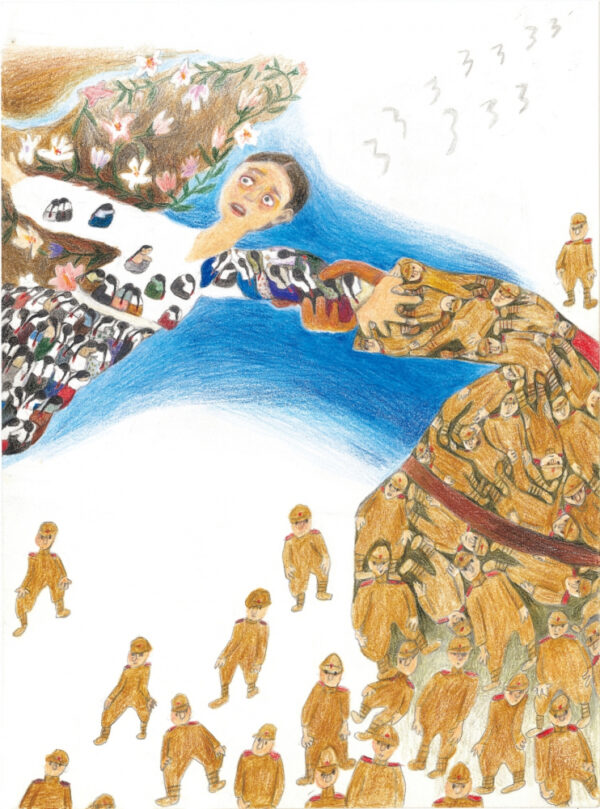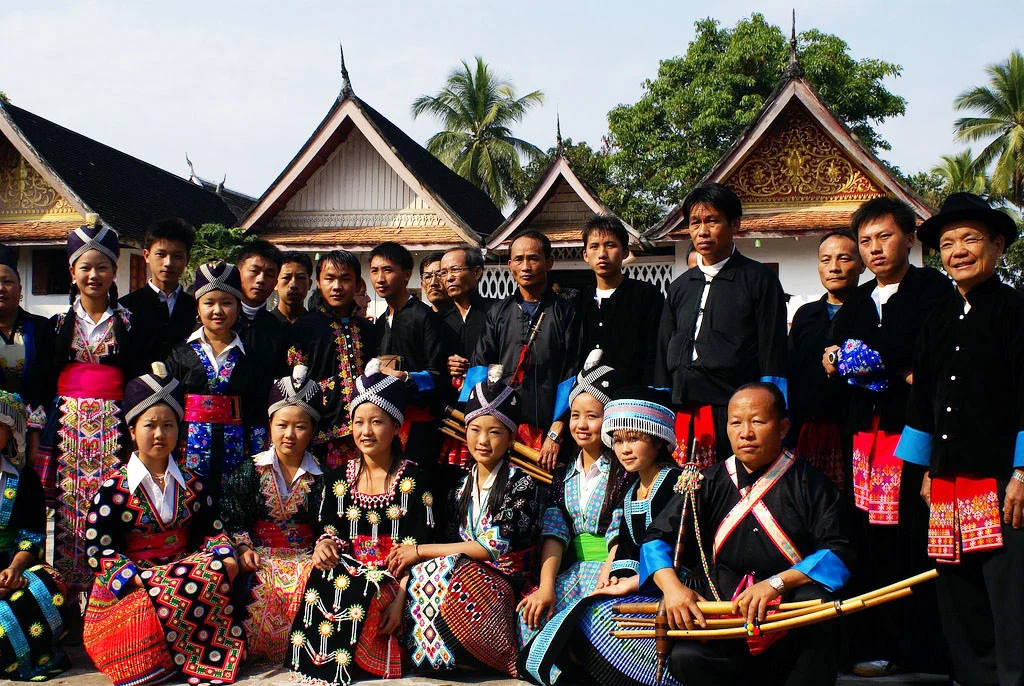On December 1st, 2018, the Asian Institute at the Munk School of Global Affairs, in collaboration with their co-sponsor, the Department of Political Science, sponsored the launch of Professor Diana Fu’s much anticipated book “Mobilizing without the Masses: Control and Contention in China” published by the University of Cambridge Press. The event was held at the Vivian and David Campbell Conference Facility at 1 Devonshire Place and included: a brief overview of the books finding’s by the author, comments from esteemed panelists and ended with a Q&A and book signing session. The event was chaired by Munk School of Global Affairs Professor Joseph Wong and panel included prominent political scientists: Dan Slater, Professor of Political Science at the University of Michigan, and Michael Bernhard, Inaugural Raymond and Miriam Ehrlich Eminent Scholar Chair in Political Science at the University of Florida. The interim Chair of the Munk School, Randall Hansen and the Chair of the Political Science Department (UofT), Antoinette Handley were present and delivered the opening and closing remarks respectfully. Also in attendance were Professors from the Political Science Department and Munk School. The author herself, Diana Fu is a Assistant Professor of Political Science at the University of Toronto and an affiliate of the Asian Institute.
The book, a collective effort of 8 years on part of the author, undertakes an ethnographic study of Migrant workers in Urban China. Professor Fu carried out 18 months of active field work in China with independent Labour organizations (different from state-run Unions) in order to capture their inner workings. It is important to note that labourers in China are denied most rights common to workers in Western nations and are continuously struggling alone to demand what was promised to them by their employers such wages and benefits. What she found was ground breaking not only for Chinese politics but for the implications it has for the field of contentious politics. The author finds that rather than a massive opposition movement within the umbrella of these organizations, she found instead organizations promoting “dynamic individual contention”. Labour activists in organizations “coached” individuals to act in certain patterns, sometimes consulting them through text, so as to help them reach the settlement they deserve with employers and government officials. Rather than use the more open and mass mobilizations methods we saw in the Arab Spring, the groups use more subtle methods in order to improve the conditions of the migrant workers they represent. The groups use these Measures primarily due to the extreme oppression in China of any sort of open dissention or protest. These individual level actions help to achieve the organization’s goal of greater collective consciousness without bringing the wrath of the Chinese Government. Other methods used by these organizations is to organize flash protests (lasting one to a few minutes) to get their message across social media. This individual-centered opposition to the government is what inspired the title of her book, “Mobilizing without the Masses”. Fu ended by comparing the increased repression of the Xi Jinping regime to Hu Jintao’s, stating that the increased repression requires all the more importance of individual actions as means of collective conscious formations and political action.
Both Panelists and the Chair were full of praise for the book. Professor Joseph Wong referred to it as a new means to study contentious politics, potentially opening up vast venues of interest in the field. Professor Bernhard, whose research was in a similar sense focused on Communist states in Eastern Europe and the labour movements within, mentioned how the evidence within the book is important literature regarding how civil society organizations are actually formed in oppressive states. He went on to admire the fact that the author, unlike himself, was able to meet individuals and observe the organizations whereas he was forced to rely on documents. Professor Slater referred to the book as “breathing life” into the field of contentious politics. He described the book as an interdisciplinary work of Political Sociology and interpreted the disguised action of individuals as a sort of political compromise whereby the state would not be challenged, and individuals would get their demands met. Concluding, he commented on the irony of the history of China, where despite 70 years of so called ‘Communist Rule’, with rose with hopes of bettering the proletariat, workers still have to secretly and subtly fight for their rights. The author responded to this view with agreement, stating that “Mao would be rolling in his grave”.
It is clear that this amazing book present us with an important aspect of civil society action in China, however its greatest contribution in my opinion is the fact that its ethnographic study outlines the micro-foundations of most political movements, especially in politically oppressed nations. The evidence that the book presents and is built upon is primarily from China but the theory that Professor Diana Fu has created maybe applicable to more countries apart from China, a view shared by Professor Slater.
Tallal Usman is a third-year student majoring in Economic, Political Science and Public Policy. He is currently serving as a Contributor for Synergy.








